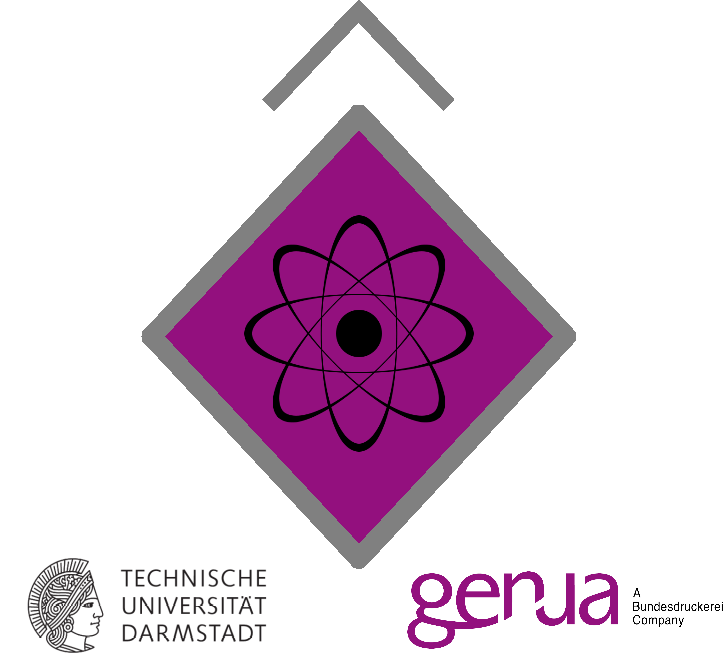
Quantum computers may well become a reality during the next decades. Current common digital signature schemes (RSA, DSA and ECDSA) are not quantum-resistant. Hash-based signatures are a quantum-safe alternative.
Initiated in 2014, the goal of the German 3-year research project Quantencomputer-resistente Signaturverfahren für die Praxis aka squareUP is to foster the practical use of hash-based signatures, a category of post-quantum digital signatures. The existing theoretical foundations of hash-based signatures will be completed by:
- An investigation and possible solutions for concrete issues, such as the handling of statefulness (key indexes must be tracked) and PKI integration;
- An implementation of hash-based signatures in an industrial software update system;
- Proof-of-concept integration in common security protocols such as TLS, SSH and S/MIME;
- Integration in open-source cryptographic libraries;
- Parameter recommendations for different application use cases;
- An analysis of side-channel resistance.
Funding for this project is granted by the Bavarian Ministry of Economic Affairs and Media, Energy and Technology (StMWi) and by the German Research Foundation (DFG).